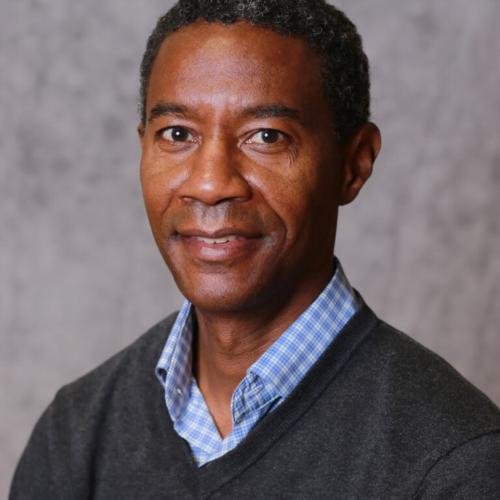
Frederick Knight
Professor and Department Chair
Department/Office
- History
School/College
- College of Arts & Sciences
Biography
Frederick Knight is an expert on early African American and African Diaspora history. He is the author of Black Elders: The Meaning of Age in American Slavery and Freedom (Penn Press, 2024), which argues that elders were central to African American community formation through Reconstruction. The book also demonstrates how whites and blacks mobilized competing ideas about age to exercise power from the era of slavery through the period of emancipation in the United States. His first book Working the Diaspora: The Impact of African Labor on the Anglo-American World, 1650-1850 (NYU Press, 2010) traces how Africans, though carried across the Atlantic against their wills, drew upon knowledge from their homelands to shape the agricultural and material worlds of New World slave labor camps. He has published scholarly articles and book chapters on black history, and his work has appeared in the Journal of Negro History, the Journal of Colonialism and Colonial History, The History Transactions of Ghana, Early American Studies, the Pennsylvania Magazine of History and Biography, and The Conversation.
Professor Knight has held fellowships at the Center for Black Studies at the University of California, Santa Barbara, the Carter G. Woodson Institute for African-American and African Studies at the University of Virginia, the John Nicholas Brown Center for the Study of American Civilization at Brown University, and the University of California, Riverside, where he held the P. Sterling Stuckey Postdoctoral Fellowship in African-American history. He has recently been awarded short-term fellowships from the Virginia Museum of History and Culture and the Huntington Library, and he was also the recipient of an HBCU Faculty Research Grant from the American Council of Learned Societies. In addition, he served in various capacities with scholarly organizations including Imagining America, the American Historical Association, and the Omohundro Institute.
